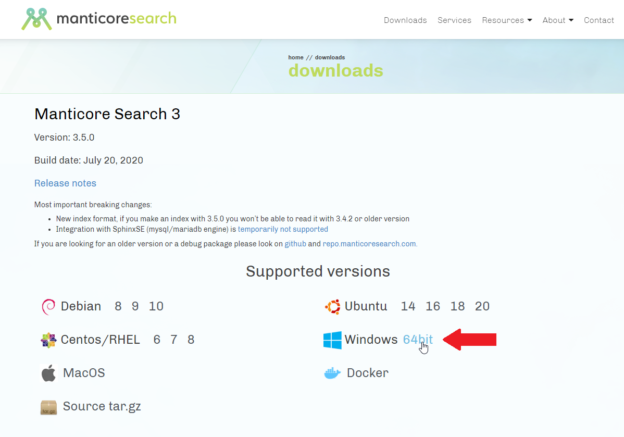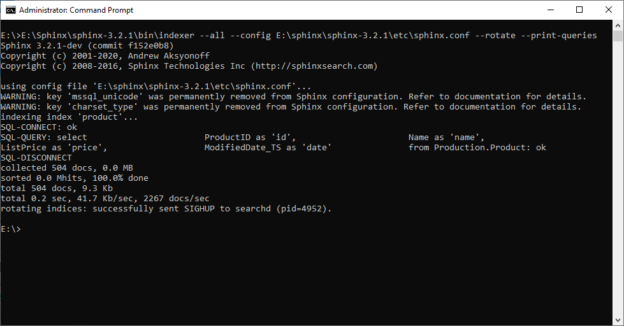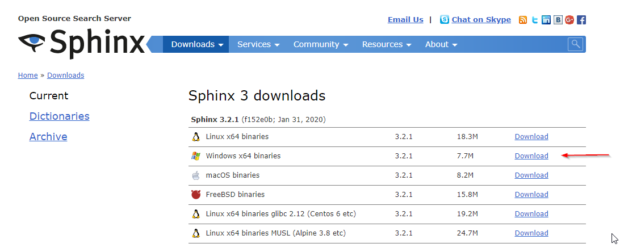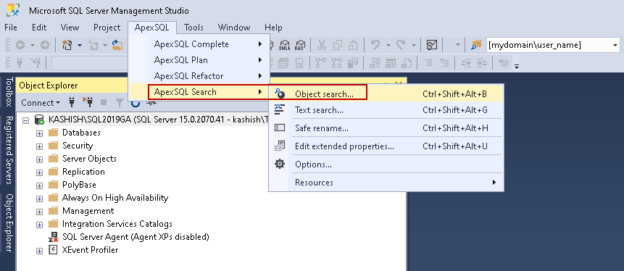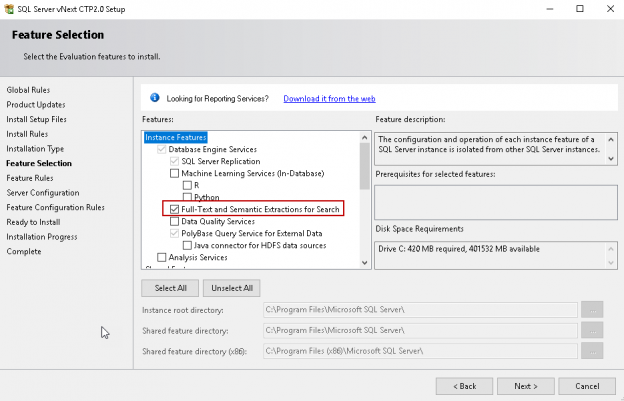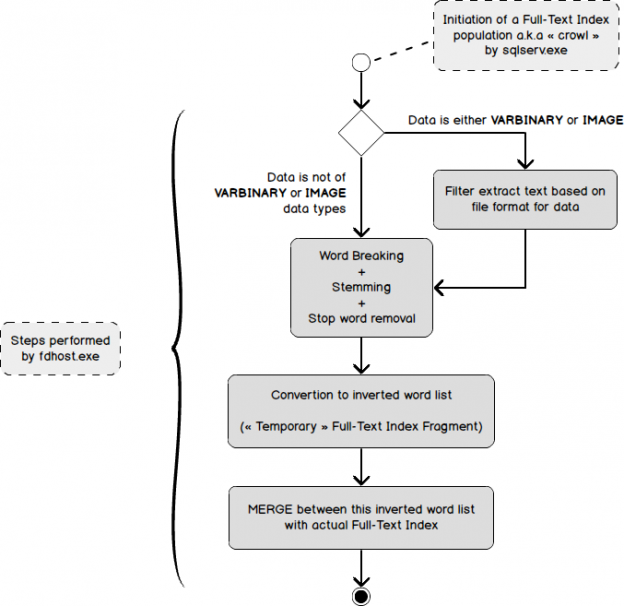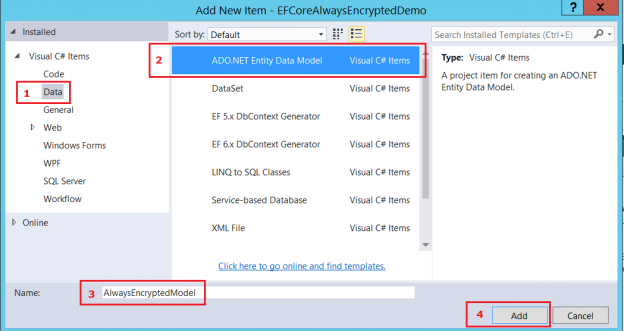In this article, we will be talking about Manticore Search, which is an open-source search engine first released in 2017 as a fork of the Sphinx search engine. We will try to describe this search engine briefly, mention some of its differences from the Sphinx search engine, and we will provide a step-by-step guide on how to build full-text indexes from SQL Server databases. Finally, we will show how to connect to the Manticore engine from the SQL Server management studio using a linked server object. In our previously published articles in this series, we talked briefly about the Sphinx search engine and how to create full-text indexes from SQL Server databases.
Read more »
